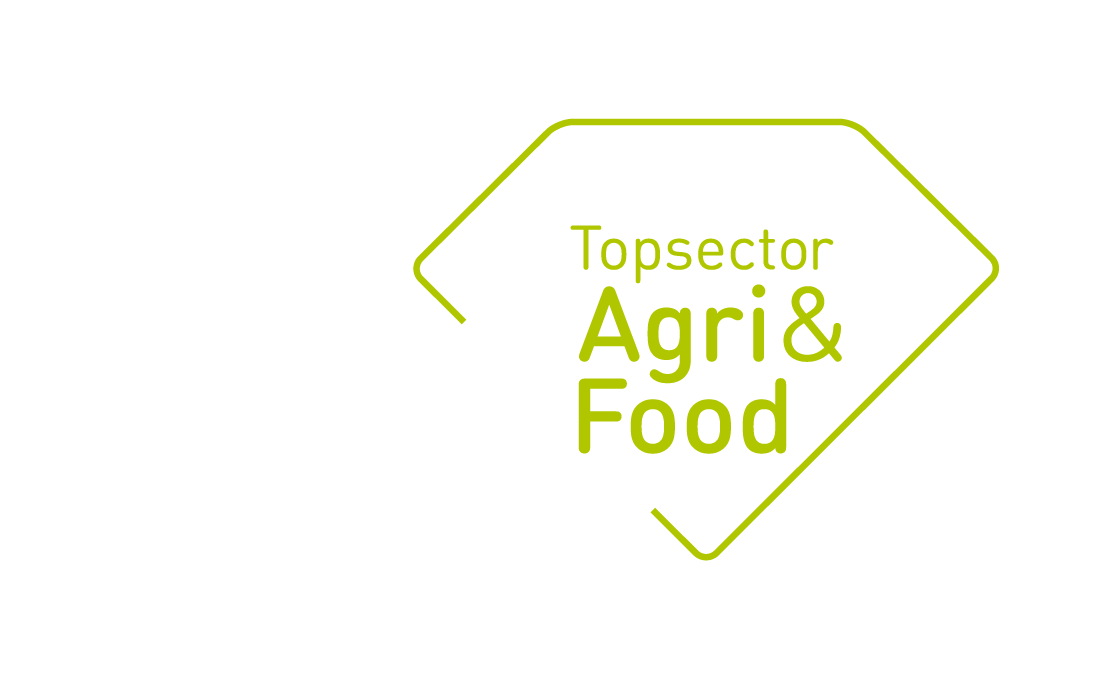Projecttitel: Feasibility study on Developing High Quality Food Concepts in a Sino-Dutch Meat Centre
Projectnummer: SMP-16007
Kernthema: Klimaatneutraal
Looptijd: 2016
Budget: € 50.000
Projectleider: Bert Urlings
Kennisinstelling: Wageningen UR
Projectpartners: Darling International, Marel – MPS, Plukon Food Group, VanDrie Group, VION Food.
Samenvatting
China is facing big challenges regarding the growth of the population and the demand for safe, high quality food production. Recent studies of the USDA indicates that China’s population is expected to grow increasingly in cities and towns. The urbanization rate has surpassed 50 percent and is expected to increase to over 63 percent by 2023. Rising living standards and availability of a wider variety of foods from supermarkets, restaurants, and cafeterias for an urbanized population will promote dietary change and create opportunities for high quality food products at the Chinese market. China’s urban meat consumption is expected to rise rapidly and especially the growth for meat with high food safety & quality standards.
The consumption of pork meat is approximately 70% of the total meat consumption in China. In close cooperationship with Van Drie Group and Plukon Food Group, Vion Food Group wants to explore the opportunities to develop a Sino Dutch Meat Centre, aiming to set up high quality meat concepts for the urban market of. Challenges to be focused on are meat processing and packaging technology and cold chain logistics. Pork will be used as a business case to explore further cooperation between Chinese and Dutch companies for exporting and processing value added high-end quality meat. High-end quality aspects include both intrinsic meat quality parameters like specific carcass cuts, lean-fat ratio, pH and color, and extrinsic aspects like food safety, animal welfare, animal health and sustainability issues like CO2 and water footprint. . A study of Hoste et al. (2013; report LEI 2013-018) recommends to develop a high quality meat brand for sales to the middle and upper class Chinese urban consumers. Meat is typically sold fresh, but Garnier (2012) saw a continuing rapid growth of processed meat products. Fu (2007) reports a trend towards branded meat, focusing on the middle and upper class consumers, which according to Hoste et al. is an export opportunity for Western European suppliers, as US exporters mainly focus on commodity meat sales. However, attention must be paid to high product quality, guaranteed food safety, good taste and trust. Zheng et al. (2012) analyzed consumers’ willingness to pay for traceable pork in Beijing. They concluded that consumers are willing to pay an average premium for traceable pork of about USD 0.7 per kg, which is a 20-25% price premium.
Links
Deel dit bericht


